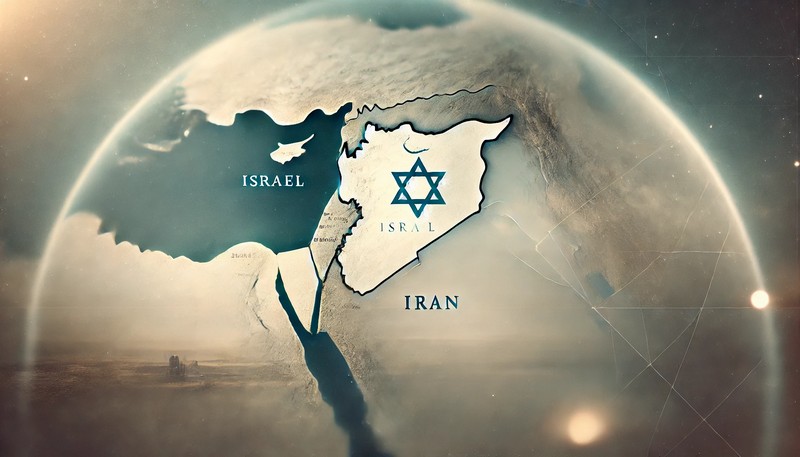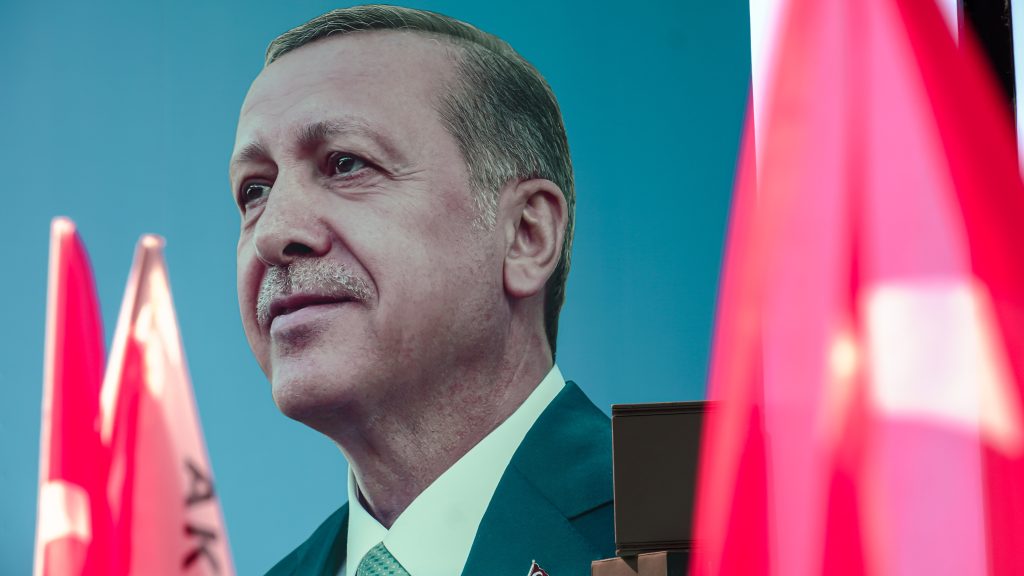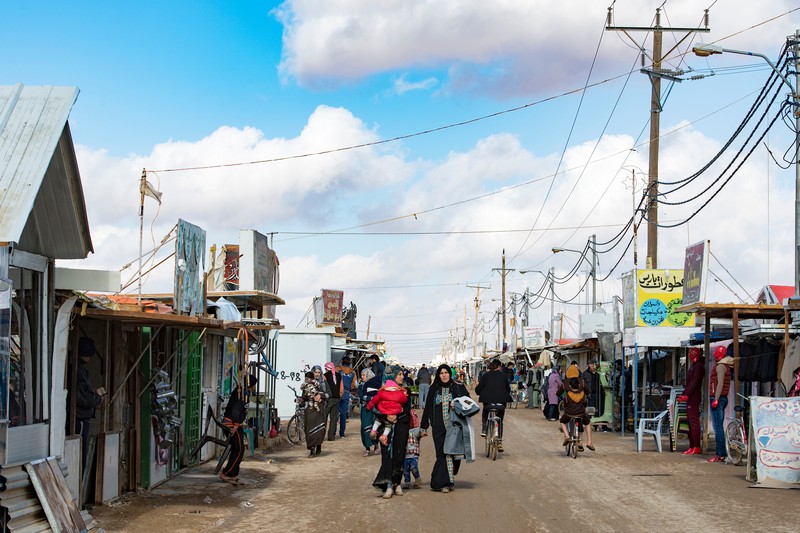After a Year of War, What Does 2025 Hold for Israel?
Prof. Kobi Michael: 2025 will not be a less challenging and turbulent year than 2024, but it will be less bloody.
Israel is entering the new year in a much better situation than the previous year.After the attacks of October 7, 2023, Israel’s regional partners began to perceive Israel as vulnerable. Allied countries in the region, particularly the Abraham Accords countries, had not anticipated Israel being caught off guard by Hamas, suffering such heavy losses, or appearing unprepared to respond. Israel had built a reputation as the region’s leader in countering the threat posed by Iran, and the attacks raised doubts about the value of normalizing ties with Israel.
Israel has had successful military achievements in the Gaza Strip, Lebanon, Syria, and mainly with Iran, a country that has now been stripped of many of its capabilities and assets. It is now exposed and in a very embarrassing position.
Published in The Media Line, December 31, 2024 and Ynet News, January 2, 2025.







